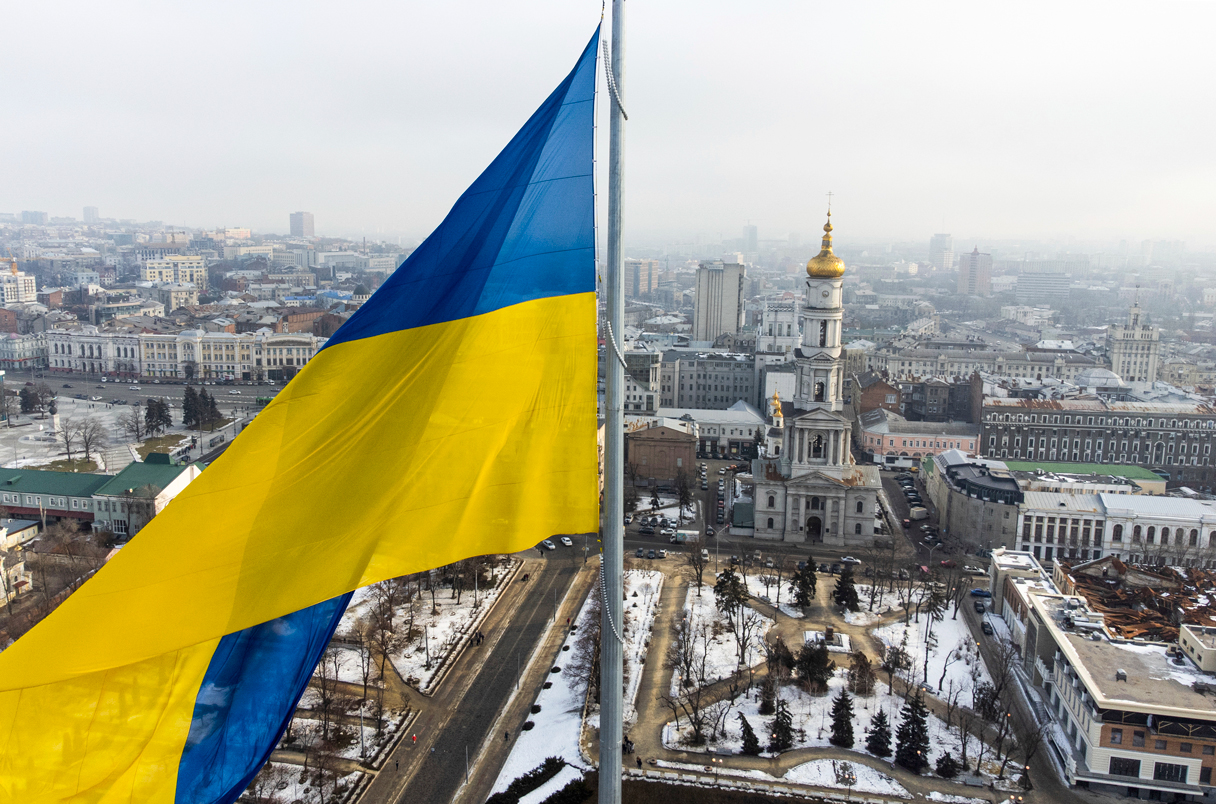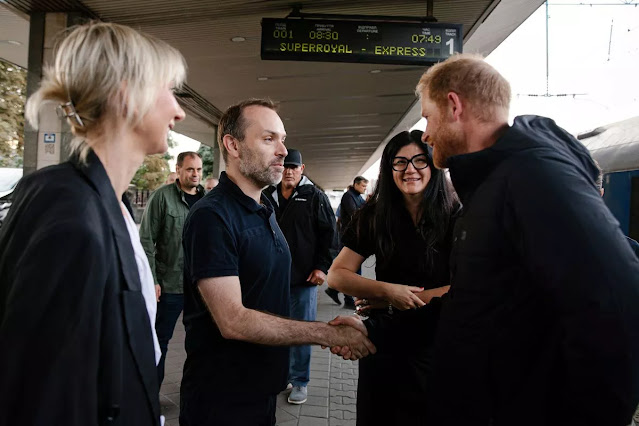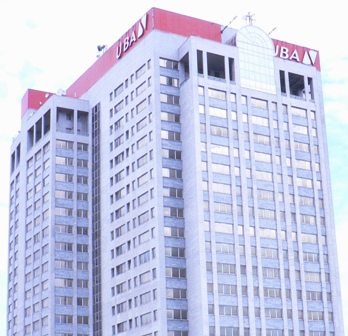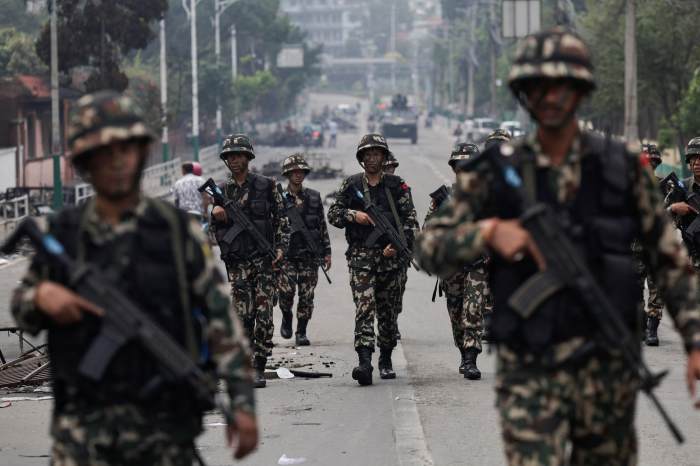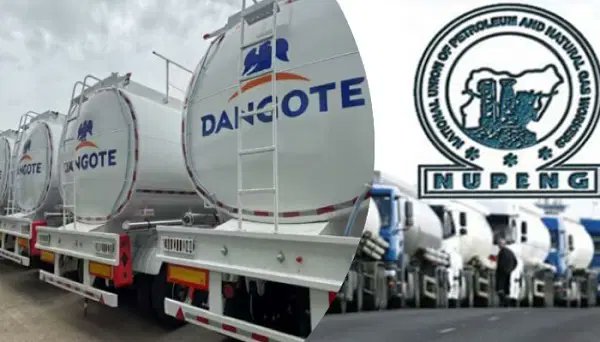In a heartfelt expression of gratitude, the Romi community in Chikun Local Government Area of Kaduna State has showered praise on Governor Uba Sani for his inclusive approach to governance, which they describe as a beacon of fairness and equity across ethnic and religious divides in the state. The community’s commendation comes in the wake of the recent contract award and flag-off of the long-abandoned Romi-Karatudu road project, a development that has rekindled hope and optimism among residents of this rural enclave.
In a detailed statement released in Kaduna, the capital of Kaduna State, and signed by Mallam Yakubu Ali, the Chairman of the Romi Community and the revered Garkuwan Lusawa Romi, the community leaders articulated their profound satisfaction with Governor Sani’s developmental agenda. They particularly highlighted his unwavering commitment to rural transformation through strategic infrastructure projects, such as road and bridge construction, which they believe are pivotal to unlocking the socio-economic potential of underserved areas like Romi.
A Landmark Intervention: The Romi-Karatudu Road Project
The Romi-Karatudu road project, which has now been revitalized under Governor Sani’s administration, holds immense significance for the people of Romi and the neighboring Karatudu community. According to the community leaders, the resumption of work on this critical infrastructure marks a historic milestone that will be etched in the collective memory of the area for generations to come. The road, which connects Romi to Karatudu and other surrounding communities, is not just a pathway but a lifeline that facilitates trade, access to essential services, and social cohesion among diverse groups in Chikun Local Government Area.
The statement from the Romi community leaders traced the origins of the project back to the administration of the late Governor Patrick Ibrahim Yakowa, a revered figure in Kaduna State’s political history. During Yakowa’s tenure, the Romi-Karatudu road project was initiated with much fanfare, raising hopes among residents for improved connectivity and economic opportunities. However, following Yakowa’s tragic death in a helicopter crash in December 2012, the project was inexplicably abandoned, leaving the communities it was meant to serve in a state of despair and neglect. For years, the unfinished road and its associated bridges stood as stark reminders of unfulfilled promises, with residents grappling with poor access to markets, healthcare facilities, and educational institutions.
The revival of the Romi-Karatudu road project under Governor Sani’s leadership has therefore been met with widespread jubilation. The community leaders emphasized that the reconstruction of the road and the major bridges linking Romi and Karatudu is a testament to the Governor’s vision for balanced development across Kaduna State. They noted that the project is not merely about laying asphalt or erecting concrete structures but about restoring dignity, hope, and economic vitality to communities that have long been marginalized.
Governor Uba Sani’s Inclusive Governance Model
At the heart of the Romi community’s commendation is Governor Sani’s inclusive governance model, which they describe as a refreshing departure from the divisive politics that have historically plagued parts of Kaduna State. The community leaders praised the Governor for his deliberate efforts to ensure that no group—whether defined by ethnicity, religion, or geographic location—is left behind in the state’s development agenda. This approach, they argued, has fostered a sense of unity and belonging among Kaduna’s diverse population, which is home to numerous ethnic groups, including Hausa, Fulani, Gbagyi, and others, as well as adherents of Islam, Christianity, and traditional religions.
Kaduna State, located in Nigeria’s North-West geopolitical zone, has often been a flashpoint for ethnic and religious tensions, with conflicts occasionally erupting over resources, political representation, and cultural differences. Against this backdrop, Governor Sani’s administration has prioritized policies and initiatives that promote social harmony and equitable development. The Romi community leaders specifically highlighted the Governor’s Sustain Agenda, a comprehensive policy framework designed to drive sustainable development, enhance security, and foster inclusive growth across the state.
The Sustain Agenda, as outlined by the state government, rests on several key pillars, including infrastructure development, education, healthcare, agriculture, and peacebuilding. For the Romi community, the tangible impact of this agenda is evident in the renewed focus on rural infrastructure, such as the Romi-Karatudu road, which they believe will catalyze economic activities and improve the quality of life for residents. The community leaders also commended the administration’s proactive measures to address security challenges, noting that Kaduna State has experienced a significant reduction in incidents of communal violence and banditry since Governor Sani assumed office.
The Broader Context of Rural Transformation in Kaduna State
The Romi-Karatudu road project is just one of many infrastructure initiatives spearheaded by Governor Sani’s administration to bridge the urban-rural divide in Kaduna State. Rural communities across the state have historically lagged behind their urban counterparts in terms of access to basic amenities, such as roads, electricity, and potable water. This disparity has perpetuated cycles of poverty and underdevelopment, with many rural residents unable to fully participate in the state’s economic and social life.
Governor Sani, who assumed office in May 2023, has made rural transformation a cornerstone of his administration’s agenda. His government has embarked on an ambitious program to construct and rehabilitate roads, bridges, and other critical infrastructure in rural areas, with the aim of improving connectivity and stimulating economic growth. The Romi-Karatudu road project is emblematic of this broader vision, as it seeks to integrate rural communities into the state’s economic mainstream by facilitating the movement of goods, services, and people.
Beyond infrastructure, the administration has also invested in other sectors that directly impact rural communities. For instance, the state government has launched initiatives to improve agricultural productivity, recognizing that agriculture is the backbone of the rural economy in Kaduna State. By providing farmers with access to modern farming inputs, training, and markets, the administration aims to boost food security and create employment opportunities for rural residents. Similarly, investments in rural healthcare and education are helping to address longstanding disparities in access to these critical services.
Promoting Peace and Social Harmony
One of the standout achievements of Governor Sani’s administration, according to the Romi community leaders, is its success in promoting peace and social harmony. Kaduna State has faced significant security challenges in recent years, including banditry, kidnapping, and communal clashes. These issues have often been exacerbated by mistrust between different ethnic and religious groups, making governance a delicate balancing act.
The Romi community leaders noted that Governor Sani’s inclusive approach has helped to de-escalate tensions and foster a renewed sense of calm across the state. Through dialogue, community engagement, and equitable resource allocation, the administration has worked to build trust among diverse groups, ensuring that all citizens feel represented and valued. The leaders cited the Governor’s regular interactions with community leaders, religious figures, and youth groups as evidence of his commitment to participatory governance.
Moreover, the administration’s focus on security sector reforms has yielded positive results. The state government has collaborated with federal security agencies to strengthen law enforcement, improve intelligence gathering, and enhance community policing initiatives. These efforts have contributed to a decline in violent incidents, allowing residents to go about their daily lives with greater confidence and security.
The Romi Community’s Call for a Solidarity Visit
In a gesture of appreciation and solidarity, the Romi community has extended an invitation to Governor Uba Sani for a solidarity visit. The community leaders expressed their desire to personally convey their gratitude for his transformative leadership and to formally endorse his continuity in office beyond 2027, when his current term is set to expire. Such a visit, they believe, would provide an opportunity for the community to showcase their cultural heritage, discuss their developmental aspirations, and strengthen the bond between the government and the people.
The call for a solidarity visit underscores the deep sense of connection that the Romi community feels toward Governor Sani’s administration. It also reflects the community’s recognition of the importance of sustained leadership in achieving long-term development goals. By endorsing the Governor’s continuity, the community is signaling its confidence in his ability to deliver on his promises and steer Kaduna State toward a brighter future.
Historical and Cultural Significance of the Romi Community
To fully appreciate the significance of the Romi community’s commendation, it is worth exploring the historical and cultural context of the area. Romi, located in Chikun Local Government Area, is a vibrant community with a rich cultural heritage. The area is home to a diverse population that includes indigenous groups as well as settlers from other parts of Kaduna State and beyond. This diversity has shaped Romi’s identity as a melting pot of cultures, languages, and traditions.
The Romi-Karatudu road, in particular, holds symbolic importance for the community. It serves as a vital link not only between Romi and Karatudu but also to other parts of Chikun Local Government and the broader Kaduna State. For years, the poor condition of the road has hindered economic activities, with farmers struggling to transport their produce to markets and students facing challenges in accessing schools. The revival of the project is therefore seen as a game-changer, with the potential to unlock new opportunities for growth and development.
Challenges and the Path Forward
While the Romi community’s commendation reflects widespread optimism, it is important to acknowledge the challenges that lie ahead. Infrastructure projects, such as the Romi-Karatudu road, require sustained funding, effective project management, and community cooperation to succeed. The Romi community leaders have pledged their support to ensure the timely completion of the project, urging residents to cooperate with contractors and government officials.
Additionally, the broader goal of inclusive governance in Kaduna State will require ongoing efforts to address systemic issues, such as poverty, unemployment, and access to education. Governor Sani’s administration has made significant strides in these areas, but sustaining the momentum will be critical to achieving lasting impact.
The Romi community’s appeal for a solidarity visit also highlights the importance of grassroots engagement in governance. By fostering direct communication between the government and communities, leaders can better understand the needs and aspirations of their constituents, leading to more responsive and effective policies.
Conclusion
The Romi community’s commendation of Governor Uba Sani is a powerful testament to the transformative impact of inclusive governance and strategic infrastructure development. The revival of the Romi-Karatudu road project, coupled with the administration’s broader efforts to promote peace and rural transformation, has instilled a renewed sense of hope among residents of Chikun Local Government Area. As Kaduna State continues its journey toward sustainable development, the partnership between the government and communities like Romi will be crucial in building a more prosperous and harmonious future.
The community’s call for a solidarity visit and their endorsement of Governor Sani’s leadership reflect a deep sense of trust and optimism in his administration. As the Governor continues to implement his Sustain Agenda, the people of Romi and other rural communities across Kaduna State stand ready to support his vision for a united and thriving state.



